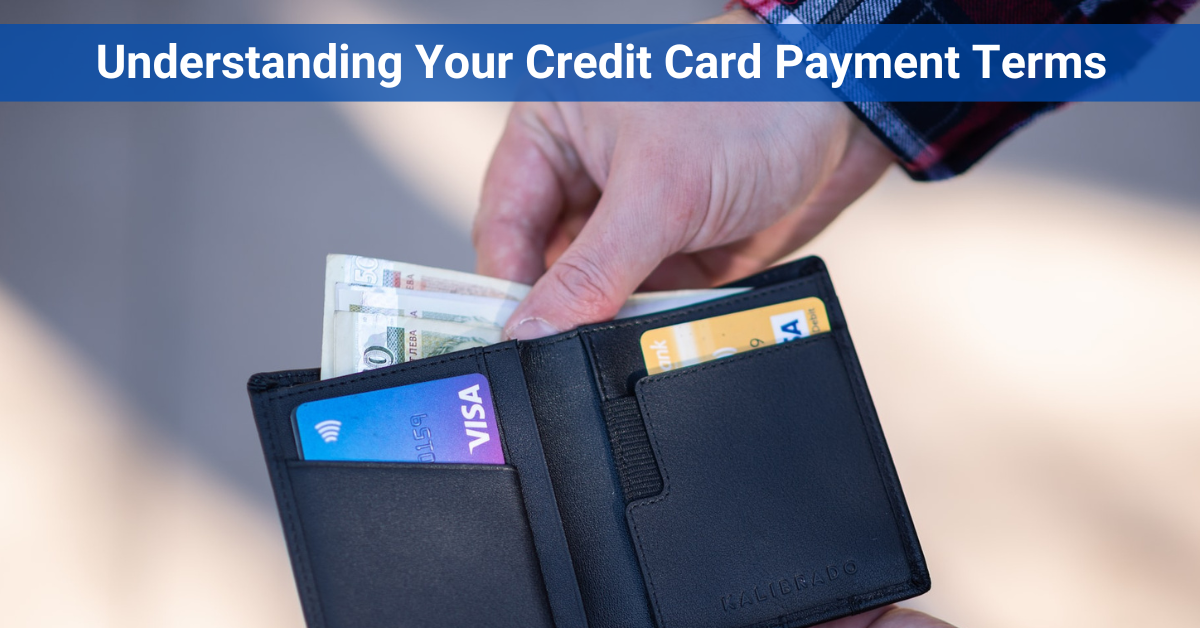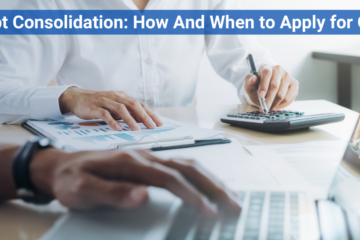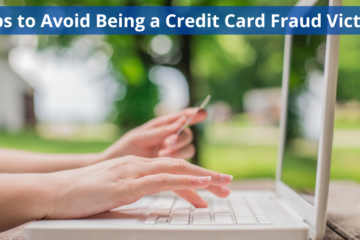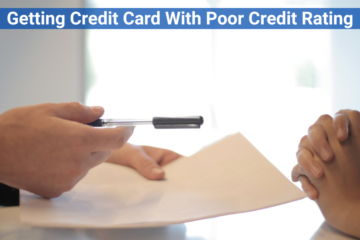Spider-man says with great power comes great responsibility. Same as having a credit cards can be a convenient way to obtain for goods and services, as long as you use them responsibly. A responsible credit card holder reviews his/ her credit card agreement. Ignorance is not an excuse for not knowing your agreement.
Before you apply for a credit card, you have to review and understand a section of your agreement you ought to pay special attention for your payments terms. Here are the payment terms every cardholder should know.
Interest-Free Grace Period:
Credit cards include a minimum 21-day grace period. Your grace period is an interest- free period at the top of your monthly billing period. The grace period is useful for managing short-term income, as long as you employ it responsibly – meaning paying off your balance fully by your statement date. It’s important to notice the grace period only applies to purchases; you don’t receive a grace period for cash advances or balance transfers, where interest is charged immediately.
Avoiding Interest Charges:
Most credit card interest rates is 18% or higher. Interest rates is also at a historic lows on mortgages. the most effective way to not incur costly interest charges is to avoid having a credit card balance. you must strive to always pay the complete amount of your balance by your day of the month. you must also avoid taking cash advances and making cash-like transactions, as you’ll be charged interest instantly. Cash-like transactions include transactions like lottery tickets, casino chips, money orders, and traveler’s cheques.
How Interest Charges Are Calculated: If you don’t pay your outstanding balance by the payment due date, you’ll incur interest charges. Incurring interest will increase the cost of all purchases you charged on your card in the month. Interest rates are typically calculated based on your daily average balance.
Minimum Monthly Payments: Failure to pay your monthly payment dues may result of having a bad credit. Paying minimum monthly payment is the amount you have to pay by the end of your grace period to keep your account in good standing however, you might end up paying more. You can find out this amount on your current credit card statement. The minimum is typically the greater of 2 percent of your balance or $20. If you fail to make your minimum payment, your credit score could be negatively affected.
How Payments are Applied to Your Balance:
If you’re carrying a balance on your credit card, you must understand how your credit card issuer will apply payments to your outstanding balance. Bear in mind that credit card issuers can charge different interest rates for various varieties of transactions. In fact, issuers often charge a better rate for cash advances and balance transfers. It’s important to review your credit card agreement earlier than time to search out out. How your payments are applied to your balance is at the discretion of your issuer. If you create quite your minimum payment, your issuer will apply the payment in one in all two ways:
In descending order (highest balance to lowest), starting with the portion of your balance with the highest interest rate.
Evenly to different types of transactions (purchases, cash advance, balance transfers, etc.)
Late Payments:
As a cardholder, you ought to strive to pay your outstanding balance by the tip of your grace period in the slightest degree cost. If you’re ineffectual to pay off your entire balance, you ought to a minimum of pay your minimum balance. Not paying your outstanding balance are often very costly – not only is interest calculated on the complete amount owing until it’s paid in full; there are other not-so-pleasant consequences
Paying your balance late
As a cardholder, you must strive to pay your outstanding balance by the tip of your grace period within the slightest degree cost. If you’re ineffectual to pay off your entire balance, you must a minimum of pay your minimum balance. Not paying your outstanding balance are often very costly – not only is interest calculated on the whole amount owing until it’s paid in full; there are other not-so-pleasant consequences. When having a difficulty in paying your balance on your credit card bill, Always put in mind to avoid using it until you were able to pay for your remaining balance.
Having delinquencies or delayed payment may lead you to having a poor credit and so if you are planning to make a big purchase., that is something that you may not be able to do because of having a bad credit score.
Canceling Your Credit Card: Your credit card issuer isn’t the only one who can cancel credit cards. Cardholders have the right to cancel their credit card. Why would a cardholder do that? If you’re up to your ears in debt, canceling your credit card can avoid the temptation of spending money you don’t have.
Having poor credit may remain on your record. Talk to a credit specialist in Ontario may be able to help you with your concern. talk to us at Credit repair now




